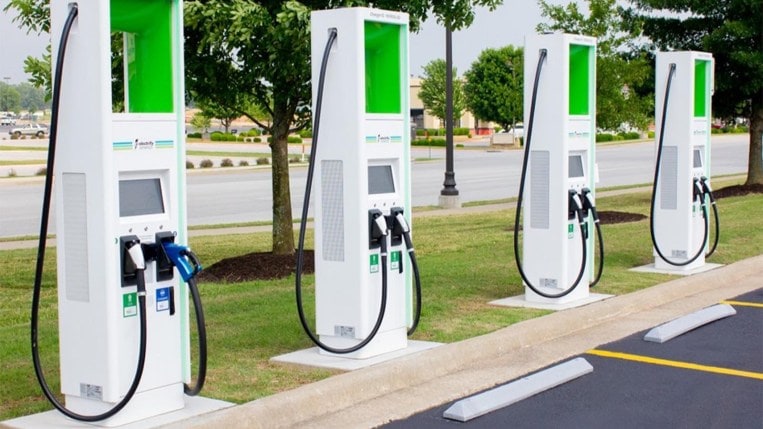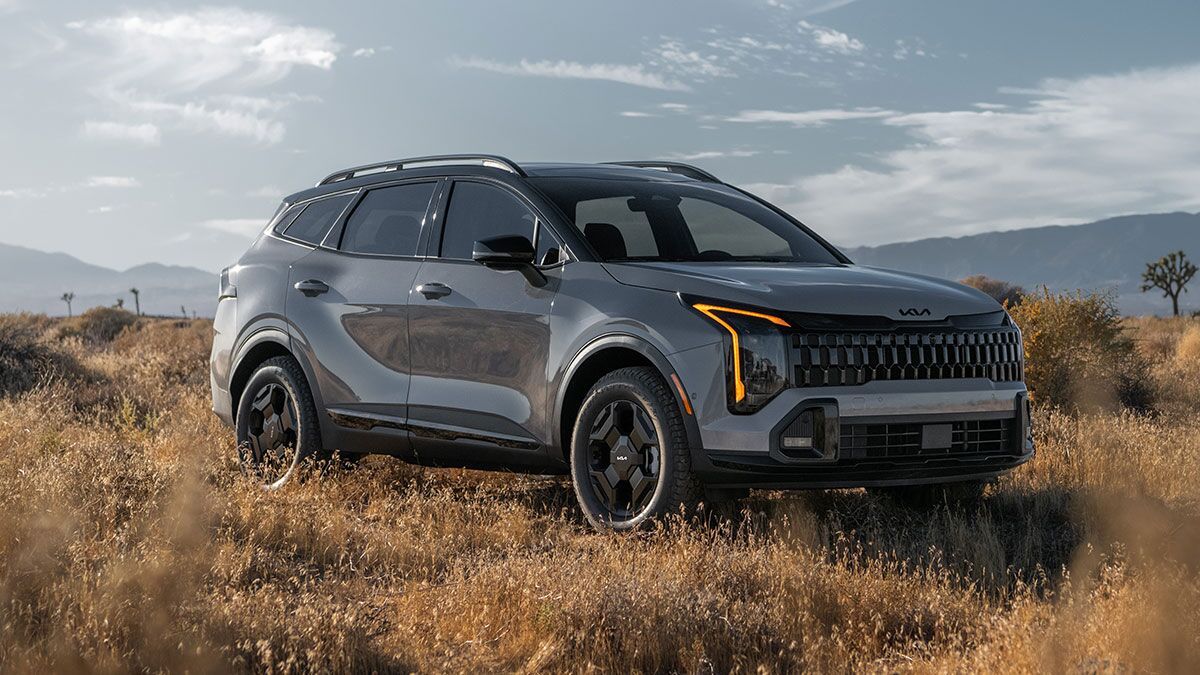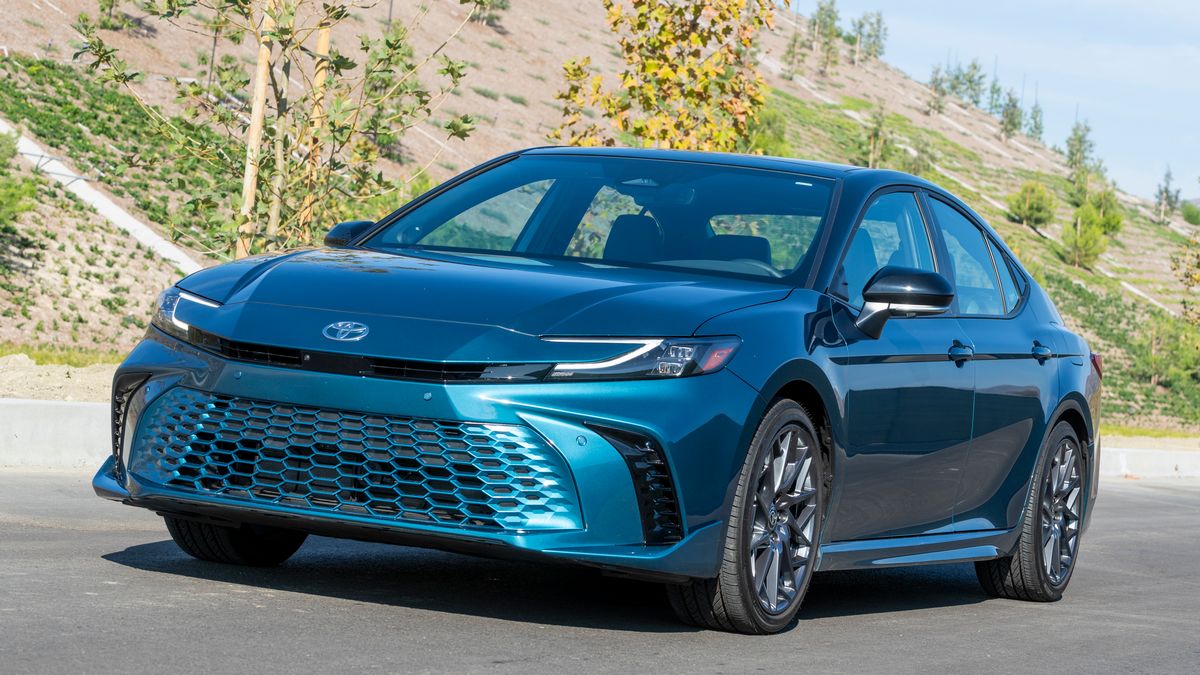
The agency says it “is planning to initiate a separate rulemaking” process affecting later years.
New Requirement: 40 MPG Average
The new rules will require most car companies to sell a fleet that averages 40 mpg in 2026. That doesn’t mean each individual vehicle will need to achieve that target.
Existing rules had set a target of 32 mpg.
Automakers Can Bank, Trade Credits
Automakers can use credits they amassed from exceeding earlier targets to help them meet the new goals. They can also sell credits to one another – an important source of revenue for electric car makers, which often must survive years of growth expenses before they make their first profit on actual car sales.
Agency: This Will Save Americans Money
In a statement, the EPA said the new rules would “unlock $190 billion in net benefits to Americans, including reducing climate pollution, improving public health, and saving drivers money at the pump.”
The agency estimates that “reduced fuel costs will outweigh the increase in vehicle costs by about $1,080” over the lifetime of a 2026 model year vehicle.
Rule May Result in Little Change; Automakers Are Already Going Electric
The transportation sector has been the largest source of greenhouse gas emissions in the U.S. since 2017, though the electric power industry is close behind.
But automakers have been moving swiftly to sell more electric vehicles (EVs). General Motors – America’s largest automaker – pledged earlier this year to sell a mostly electric lineup by 2035 and achieve carbon neutrality by 2040. Ford has not set a public target for EV sales but has introduced an all-electric version of America’s best-selling vehicle. The F-150 Lightning electric pickup will reach buyers in 2022, though reservations for the truck have already sold out.
Other automakers setting aggressive electric vehicle sales targets include Mercedes, Volvo, and Audi. Toyota has not set a target date for ending sales of gasoline engines, but the company recently previewed 17 new electric vehicles.
Even sports-car-maker Porsche intends to make its operations carbon-neutral, if not all-electric, by the end of the decade.







